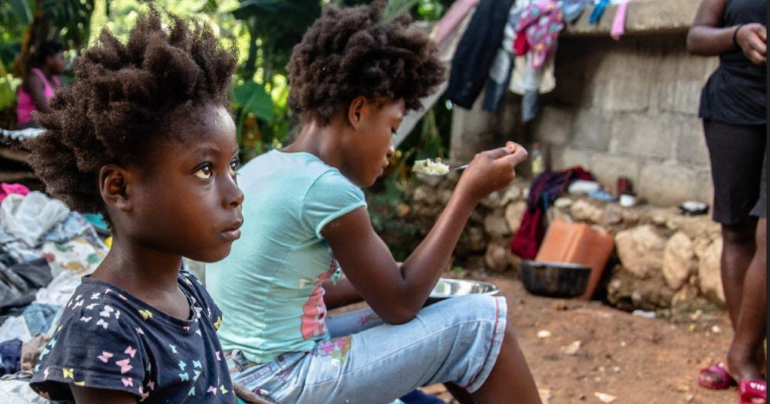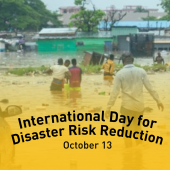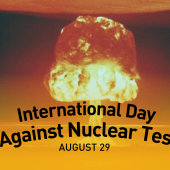International Day for Disaster Risk Reduction

October 13 is a day to remind the world that disaster risk is man-made.
The goal of the 2021 International Day for disaster risk reduction, #OnlyTogether # DRR Days, is to provide an advocacy platform to highlight best practices and examples of international cooperation that have a positive impact on the lives of people who live in disaster-prone parts of the world, i.e., reducing the numbers of people affected by man-made and natural hazards.
International cooperation with developing countries needs to be substantially enhanced through adequate and sustainable support to complement national actions to achieve target by 2030.
It is an opportunity to acknowledge the progress being made toward reducing disaster risk and losses in lives, livelihoods, and health. The 2021 edition focuses on “International cooperation for developing countries to reduce their disaster risk and disaster losses.” This is the sixth of the Sendai Seven targets.
The year 2021 promises to be a make-or-break year when it comes to delivering on the policy agenda agreed in 2015. Extreme weather events will be overwhelming without real action on climate in the next ten years, especially for developing countries.
Disaster’s impact low- and middle-income countries disproportionately, particularly in terms of mortality, numbers of people injured, displaced and homeless, economic losses (as a percentage of GDP) and damage to critical infrastructure. We cannot eradicate poverty and hunger if we don’t step up investments in disaster risk reduction.
International cooperation for developing countries through Official Development Aid (ODA) and capacity building is essential to boost disaster resilience in the face of extreme weather events and other natural and man-made hazards.
As a practical framework for dealing with risk, the Sendai Framework connects all the post 2015 international agreements. It makes the logical connection between reducing risk and building resilience.
A better understanding of risk, strengthened risk governance, increased investment, and better preparedness creates a foundation for the resilience of people, communities, governments, and businesses.
United Nations Office for Disaster Risk Reduction or UNDRR works globally towards the prevention of new and existing disaster risk reduction. Supporting the Sustainable Development Goals, the Paris Agreement on Climate Change and other global development goals, UNDRR promotes the strengthening of resilience through successful multi-hazard disaster risk management.
We have seen some extraordinary changes in understanding and approaching risk. For example, India has committed to the world’s most extensive rural roads program, with an investment of US$500 million, and all contract bids must be risk-informed and take account of resilience.
UNDRR operates transparently, focusing on practical, efficient, and quality organizational performance and program delivery to guarantee and increase the impact of our work.
Radio Veritas Asia (RVA), a media platform of the Catholic Church, aims to share Christ. RVA started in 1969 as a continental Catholic radio station to serve Asian countries in their respective local language, thus earning the tag “the Voice of Asian Christianity.” Responding to the emerging context, RVA embraced media platforms to connect with the global Asian audience via its 21 language websites and various social media platforms.












